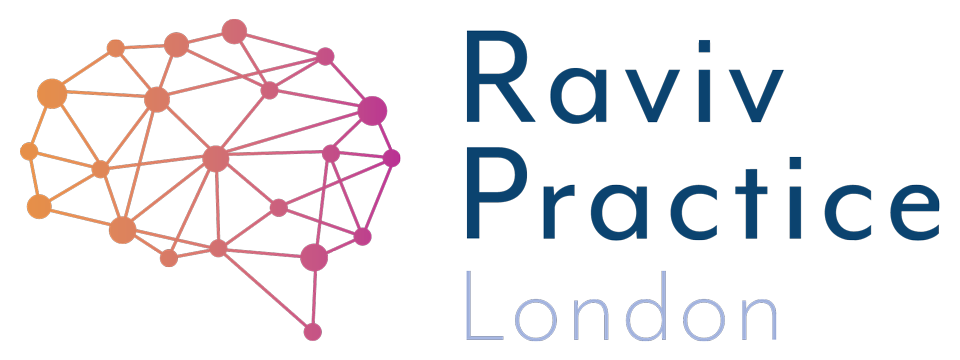The “Time Planning Fallacy” and what it could mean for you
The “Time Planning Fallacy” and what it could mean for you
When the seasons change and winter draws nearer, those with time planning weakness feel the strain of the shorter day. Why? The day is still exactly the same 1440 minutes it always was, just now more of them are dark.
For most of us, the seasons don’t affect our time planning very much. We might feel more tired because it is dark when we wake up or come home from work, but usually we still know, for example, that it takes 30 minutes to get to work and plan accordingly. Many of those with ADHD, however, struggle with this because they struggle with measuring time. When we are not measuring time, it is only to be expected that we take our cues from our environmental. The days getting shorter can feel like there is actually less time to do the things we need to do!
“I asked him what he did if he had to be somewhere for a certain time. His answer was: I just go very fast! He had no accurate measure of how long it might take him to get there, or even to get ready.”
How do you experience the passage of time when it is not natural?
Those who are constantly distracted from their goals and cannot get into the flow of an activity do not have a reference point of how long something takes. These individuals do not say an activity can be completed in a certain time frame, no matter how many times they might have done it before.
I was talking to Tom, a twenty-year-old, and asked him how long it took to brush his teeth. Tom takes medication for his ADHD and finds it difficult to focus on one thing for a long time. He had no answer for me. He had never measured time and he did not have a clock in his bathroom.
He works from home and so he told me that unless there is a hard deadline of being somewhere at a specific time, he would usually get distracted and do all manner of things. So, the idea of estimating the duration of a simple activity was completely alien to him. Then I asked him what he did if he had to be somewhere for a certain time. His answer was: I just go very fast! He had no accurate measure of how long it might take him to get there, or even to get ready.
There’s no point having a clock if you don’t look at it!
Tom didn't wear a watch - it stressed him out. The idea of measuring or doing something within a measured time frame was incredibly stressful for him. I asked him to check the time when doing routine things like coming downstairs for breakfast, not to see how long it took, but just to see what the time was so he would get used to connecting with time as an idea. The next step was to finish breakfast each day by a specific time of 8:30am. Sometimes he was downstairs at 7:00am. and that meant he had an hour and half to day dream, whereas other times he was down later at 8.20am. Regardless, the closing out window was fixed and each day (that included weekends) the target he worked towards was to finish breakfast by 8.30am.
As we worked through a 12-Week Habit Change program he realised he could have a relaxed breakfast (with plenty of essential daydreaming time) of around 35 minutes. Towards the end of the 12-week program, he would even go and get ready before 8.30am if he woke up really early.
We did the same for bathroom time - he needed to be finished by 9.15am the very latest. Breakfast, lunch and dinner became regular fixed times of the day, with work in between.
“When ordinary people are asked to predict how long something would take to do, they were seen to have a natural bias towards an ideal, optimistic time frame rather than an actual idea”
Why some people struggle to work to a time frame
If we constantly lose track of what we are doing in each moment, we do not go to the next stage of measuring the duration. Nor can we think with clarity about the steps we took in order to repeat the same activity the same way again. It is no wonder those with ADHD find it near impossible to measure time. This is why having a target time to finish an activity worked so well for Tom. He could easily forget his start time during an activity, and so make measuring the duration impossible. Having a target time, like finishing breakfast at 8.30, helps to keep it simple.
Having a target time means one thing to remember and that is less of a burden on the working memory.
For Tom, closing out breakfast at 8:30am for was also an anchor for taking his medication. The doctor had said to eat regular meals when taking the medication and Tom would often work through the day and not stopping until he felt hungry. This meant his medication-taking was not regular and another cause of stress. This target time idea was simple and a sure way to help him stay on task
The Time Planning Fallacy
The time planning fallacy was proposed by Dr Daniel Kahneman and Amos Tversky. They observed that when ordinary people are asked to predict how long something would take to do, they were seen to have a natural bias towards an ideal, optimistic time frame rather than an actual idea. The time planning fallacy is very much a problem for those with ADHD.
As we discussed, when we don't measure time, we tend to look for environmental cues, such as daylight. When winter came and it started to get dark early, Tom used to feel cheated. He got really stressed because he felt there was even less time than there was previously. Once we started to work with target times to anchor his sense of time in something measurable for him, his relationship to environmental factors started to shift and the idea he had less time was not such a big concern.
If Tom’s story resonates with you, and you feel you could benefit from some help, why not get in touch?
Dyslexia? Dyspraxia? ADHD? ASD? Speech & Language? Developmental Delay? Anxiety?
Is every school day a struggle? As a parent, you may feel exhausted and on this journey alone. Each year you see the gap getting wider. You need to do something - change the approach, help your child learn for themselves, find a way to turn this around - to help while you can - do this NOW. the first step is free.
About the Author
Usha Patel is a Neurocognitive Therapist and Director at Raviv Practice London. Parents searching to help their suspected/neurodiverse child can get evidence-based solutions with results in as little as 8 weeks. Those in search of jargon-free help can get started straight away.



